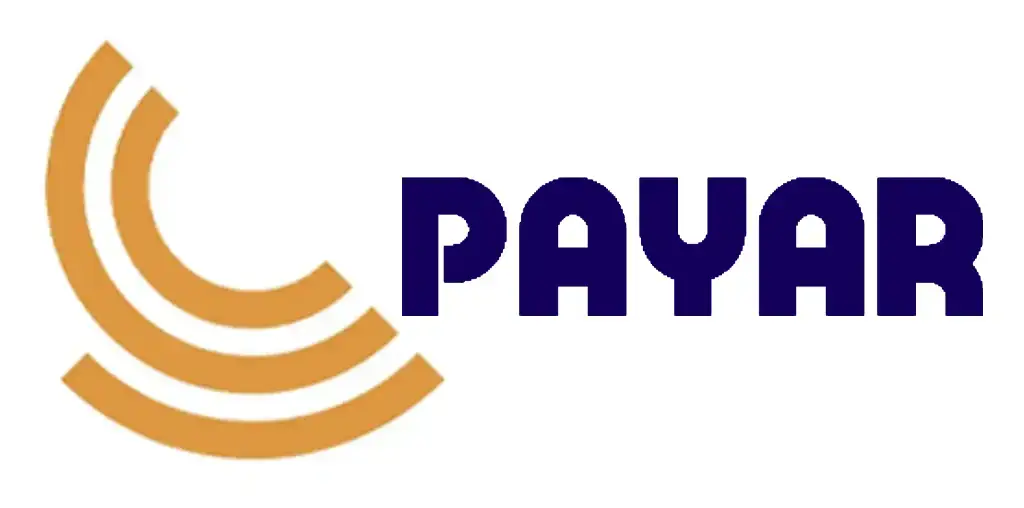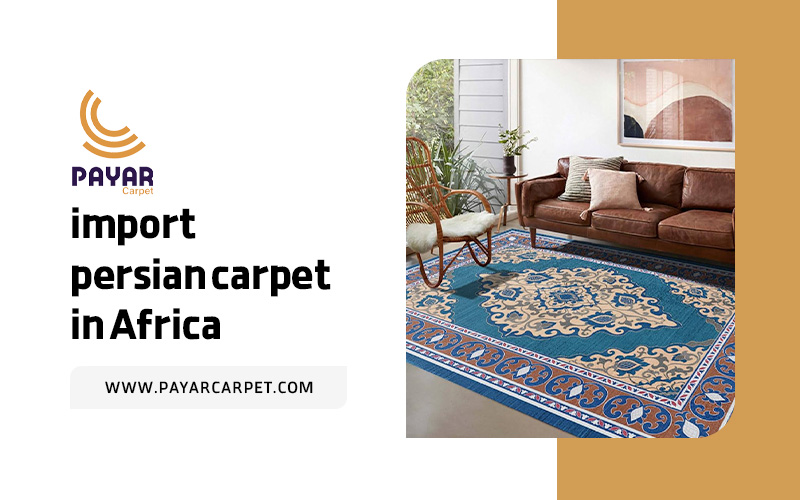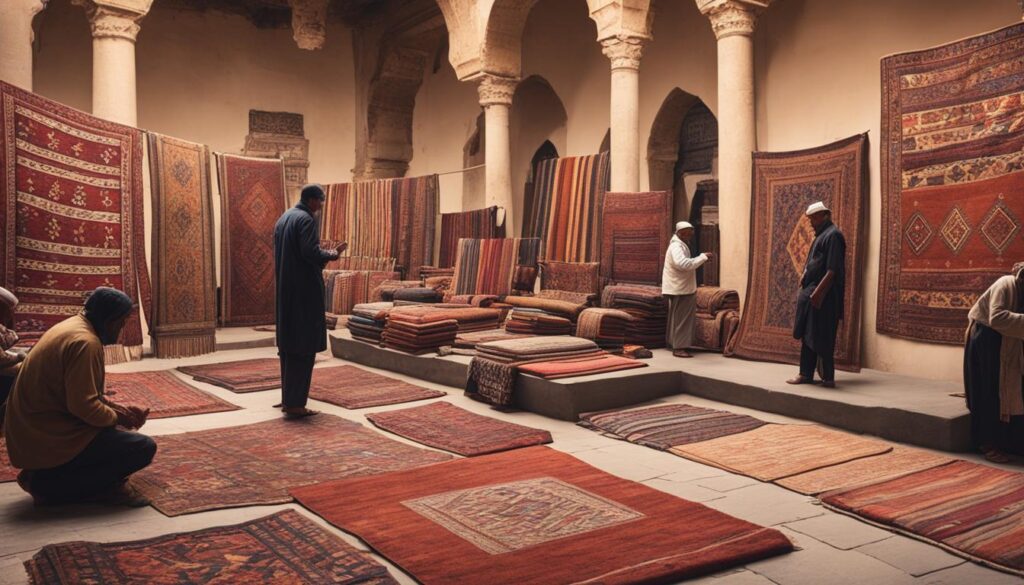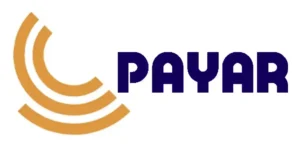Persian carpets, renowned for their intricate designs, exceptional craftsmanship, and cultural significance, have long been cherished worldwide. These masterpieces are not merely floor coverings but also works of art that represent centuries of Persian heritage. In Africa, a growing appreciation for luxury goods and cultural items has created a promising market for Persian carpets. Importing these carpets to Africa requires a detailed understanding of trade practices, logistics, and cultural factors. This article explores the various facets of importing Persian carpets into Africa, offering a step-by-step guide for businesses and individuals interested in this venture.
The Rising Demand for Persian Carpets in Africa
Africa’s market for luxury goods is expanding, fueled by economic growth, urbanization, and a burgeoning middle class. Persian carpets have found a niche among homeowners, hotels, and interior designers seeking unique and elegant décor. Their durability, artistic appeal, and ability to enhance any living space make them desirable across the continent.
Countries like South Africa, Nigeria, Kenya, and Egypt have exhibited particular interest in Persian carpets, driven by affluent consumers and a growing interest in global art and culture.
Understanding Persian Carpets
Before importing Persian carpets, it is essential to understand what makes them special:
Handmade Craftsmanship: Persian carpets are meticulously crafted by skilled artisans using traditional techniques.
Natural Materials: They are made from high-quality wool, silk, or cotton, ensuring longevity and vibrancy.
Diverse Styles: Each region in Iran produces unique designs, such as Tabriz, Kashan, Isfahan, and Qom, catering to diverse tastes.
Cultural Value: Persian carpets are a symbol of Iranian culture, often carrying stories and motifs inspired by nature, mythology, and history.
Finding Reliable Suppliers in Iran
To ensure a successful import process, establishing connections with trustworthy suppliers is crucial.
Research Suppliers: Use online platforms like Alibaba, ExportHub, and Tradekey to find Iranian carpet exporters. Alternatively, connect with suppliers through Iranian trade organizations or attend exhibitions like the Tehran International Carpet Exhibition.
Verify Authenticity: Ensure the carpets are genuine Persian products by checking certifications, such as those provided by the Iran National Carpet Center.
Negotiate Terms: Discuss prices, minimum order quantities, and shipping arrangements with suppliers. A long-term partnership can result in better deals and exclusive collections.
Navigating Legal and Regulatory Requirements
Understanding the legal framework for importing Persian carpets is critical to avoiding delays and penalties.
Iranian Export Regulations: Persian carpets are considered cultural exports, and their trade is regulated. Ensure your supplier complies with Iranian export laws and provides the necessary documentation, such as a certificate of origin.
African Import Policies: Each African country has its own import regulations, tariffs, and tax structures. Familiarize yourself with the requirements of your target market, including permits, duties, and restrictions.
Documentation: Common documents required for import include:
Commercial invoice
Packing list
Certificate of origin
Bill of lading or airway bill
Import permits (if applicable)
Selecting the Right Shipping Method
Shipping is a critical component of the import process, and the choice of method depends on factors like budget, timeline, and volume.
Air Freight: Suitable for small shipments or urgent orders, air freight is faster but more expensive.
Sea Freight: Ideal for bulk shipments, sea freight is cost-effective but requires longer transit times. Use containers with proper packaging to protect carpets from damage.
Courier Services: For individual buyers or small businesses, international courier services like DHL and FedEx offer convenience and reliability.
Working with Freight Forwarders
Freight forwarders simplify the logistics of international shipping, ensuring a seamless import process.
Advantages:
Expert knowledge of customs regulations
Assistance with documentation
End-to-end logistics management
Choosing a Freight Forwarder: Select a forwarder experienced in shipping Persian carpets and familiar with trade routes between Iran and Africa.
Customs Clearance in Africa
Efficient customs clearance is vital for timely delivery.
Customs Duties and Taxes: Understand the import duties and VAT applicable in your target country.
Inspection and Compliance: Certain countries require inspections to ensure imported goods meet safety and quality standards.
Collaborate with a customs broker or freight forwarder to navigate these processes effectively.
Packaging and Handling Persian Carpets
Proper packaging is essential to protect the carpets during transit.
Protective Materials: Use waterproof covers, plastic wraps, and sturdy cartons to safeguard against moisture and physical damage.
Roll or Fold?: Rolling is the preferred method for packaging carpets as it prevents creases.
Establishing a Market in Africa
Once the carpets arrive, the next step is to establish a presence in the market.
Target Audience: Focus on affluent homeowners, luxury hotels, and interior designers who appreciate premium handmade products.
Marketing Strategies:
Highlight the cultural and artistic value of Persian carpets in your advertising campaigns.
Leverage social media platforms to showcase your products and connect with potential customers.
Use storytelling to emphasize the craftsmanship and heritage behind each carpet.
Sales Channels:
Online: Set up an e-commerce platform or sell on marketplaces like Jumia.
Offline: Partner with home décor stores, furniture retailers, and interior design firms.
Challenges and Solutions
Importing Persian carpets to Africa comes with its own set of challenges:
High Shipping Costs: Bulk shipping and collaborating with freight forwarders can help reduce expenses.
Market Competition: Differentiate your offerings by curating unique collections and providing exceptional customer service.
Economic Fluctuations: Monitor currency exchange rates and adjust pricing to remain competitive.
Leveraging Technology for a Seamless Process
Modern technology can enhance efficiency in importing Persian carpets:
Supplier Platforms: Use online directories and B2B marketplaces to connect with Iranian exporters.
Shipping Tools: Track shipments and manage logistics using apps like Freightos.
E-Commerce Tools: Optimize your online store with tools like Shopify and WooCommerce.
Importing Persian carpets to Africa
Importing Persian carpets to Africa is a rewarding venture that combines cultural appreciation with economic opportunity. By understanding market dynamics, establishing reliable supplier relationships, navigating legal requirements, and implementing effective marketing strategies, you can build a successful business. While challenges like high shipping costs and market competition exist, careful planning and the use of modern tools can make the process smooth and profitable.
With the right approach, Persian carpets can find their place in African homes, enriching spaces with their timeless beauty and cultural significance.





